Unveiling Hair Relaxer Cancer Scare
In our quest to smooth out the wrinkles in the hair relaxer cancer narrative, we've stumbled upon some disconcerting revelations. We're peeling back layers on the ingredients in lye-based and no-lye hair relaxers that have raised eyebrows among health professionals. It's become increasingly clear that the pursuit of sleek, straight hair might come with hidden costs, particularly for communities targeted by these products. As we venture further into this discussion, we invite you to join us in unpacking the implications of recent studies and what they mean for the future of hair care. Let's explore together how we might navigate these choppy waters, armed with knowledge and a commitment to healthier alternatives.
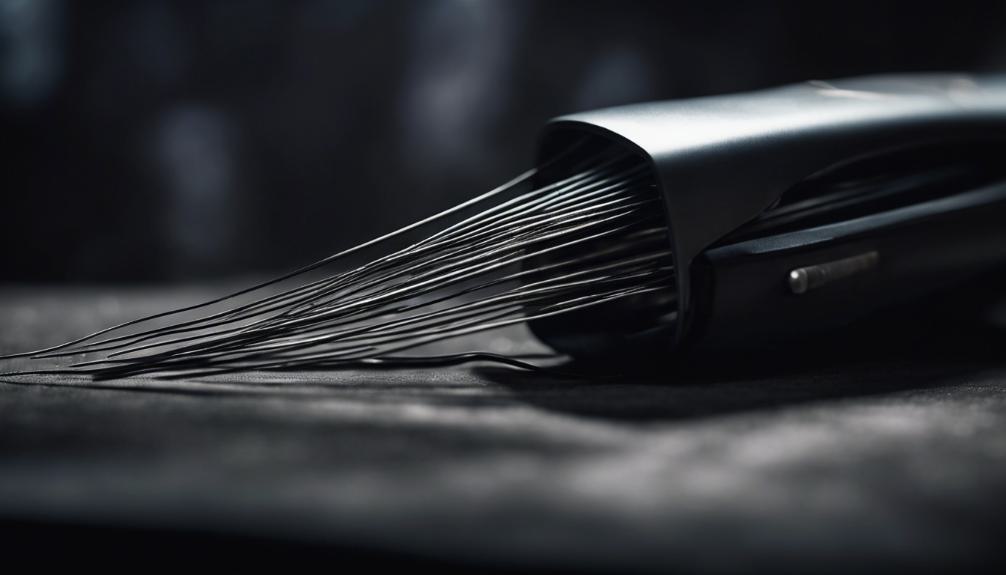
Key Takeaways
- Hair relaxers are linked to an increased risk of cancer due to harmful chemicals like formaldehyde and parabens.
- Lye-based and no-lye relaxers pose serious health risks, impacting community health.
- Black women and other vulnerable groups are disproportionately affected by the adverse effects of hair relaxer chemicals.
- Advocacy for stricter regulations and safer alternatives is crucial to protect individuals from potential health risks associated with hair relaxers.
Understanding Hair Relaxers
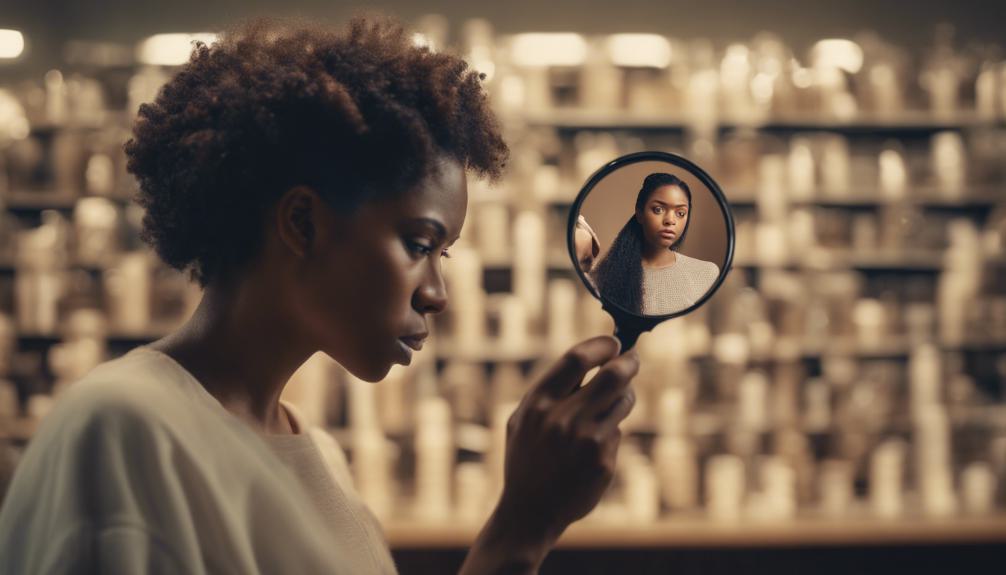
Hair relaxers, categorized into lye-based, no-lye, and natural types, are chemical treatments designed to straighten curly or kinky hair. It is recognized that many seek these treatments to manage their hair texture and achieve a desired look. Lye-based relaxers contain sodium hydroxide, offering a strong and effective straightening but can be harsh on the scalp. No-lye relaxers, on the other hand, use calcium hydroxide and guanidine carbonate, which are gentler but can still cause dryness. For those looking for a milder option, natural relaxers utilize ingredients like proteins and plant-based extracts, providing a less aggressive alternative. The aim is to guide our community through these choices, ensuring everyone can make informed decisions about their hair care, balancing beauty aspirations with health considerations.
Health Risks and Concerns
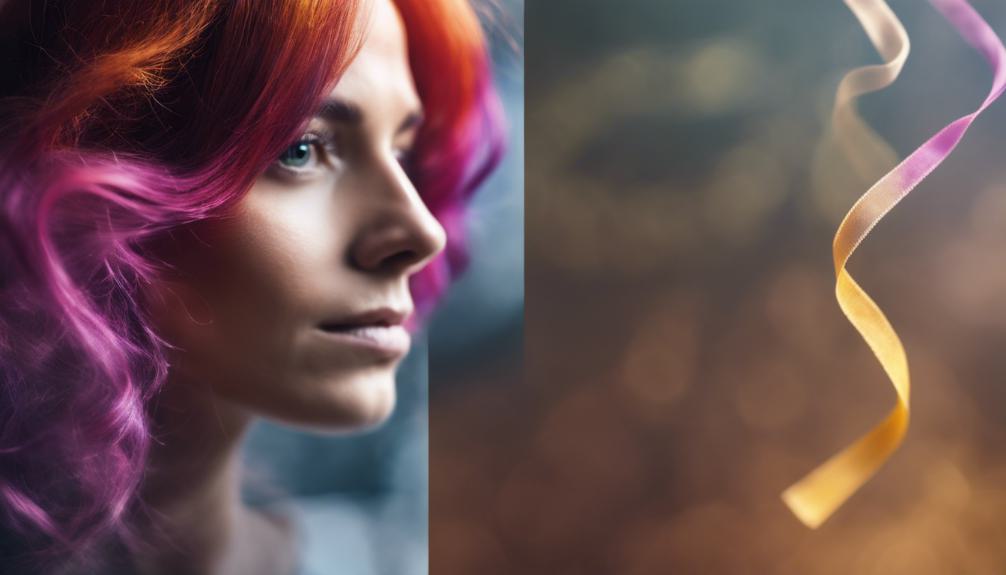
While exploring the variety of hair relaxers available, it's important for us to also consider the potential health risks and concerns associated with their use. Many of these products contain harmful chemicals like formaldehyde, parabens, phthalates, cyclosiloxanes, and heavy metals, which can pose serious health risks. We're deeply concerned about how these substances can affect our community's health, especially since they're found in products we use to feel confident and beautiful. It's our duty to inform and protect those we serve by raising awareness about these risks. Let's commit to exploring safer alternatives and practices that don't compromise our well-being. After all, the safety and health of our community should always come first in our quest for beauty and self-expression.
Studies and Findings
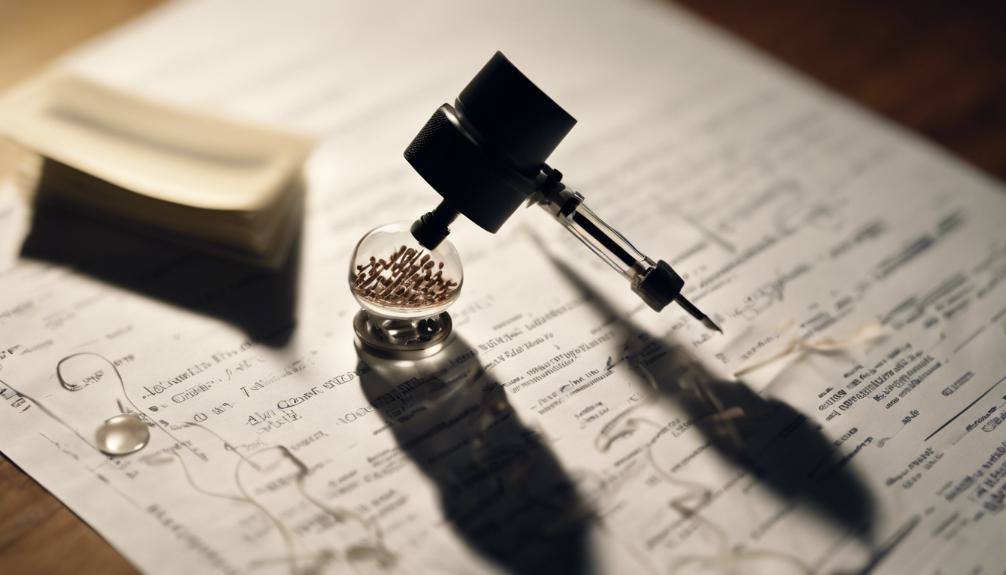
Recent scientific research has exposed concerning links between the use of hair relaxers and an increased risk of developing certain cancers. These studies, delving deep into the chemical composition of both lye-based and no-lye hair relaxers, have revealed the presence of harmful substances like formaldehyde, parabens, and phthalates. These chemicals, often used for their preservative and texture-altering properties, have been linked to a higher occurrence of cancer in frequent users.
We're committed to sharing these critical findings with you, not to alarm, but to inform and empower. It's essential that we comprehend the risks associated with these beauty products. Armed with knowledge, individuals can make safer choices for themselves and those they care about. Let's navigate this journey together, advocating for healthier alternatives and pushing for stricter product safety regulations.
Impact on Different Demographics

The risks associated with hair relaxers strikingly vary among different demographics, reflecting a significant health concern for certain groups more than others. Particularly, Black women, who are often the target of aggressive marketing by hair relaxer companies, face a disproportionately higher risk. This demographic is more likely to use these products regularly, exposing them to hazardous chemicals like formaldehyde, parabens, and phthalates. Additionally, other vulnerable groups, including pregnant women and children, may also suffer adverse health effects due to exposure to these dangerous compounds. Understanding the nuanced impact of hair relaxers on different demographics is essential as we work to protect and serve those most at risk. We're committed to spreading awareness and supporting efforts to safeguard the health of these communities.
Recommendations and Legal Actions
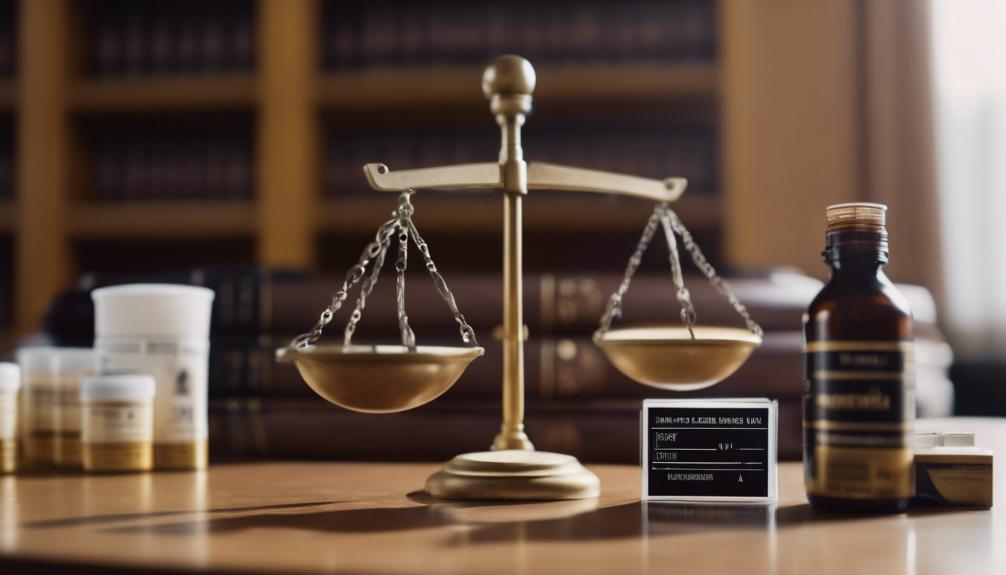
Acknowledging the disproportionate impact hair relaxers have on certain demographics, it's now vital that we explore recommendations for safer alternatives and the legal actions being taken to address these concerns. We're advocating for increased transparency in product labeling and urging companies to reformulate products to eliminate harmful chemicals. Additionally, we're supporting ongoing lawsuits aimed at holding manufacturers accountable for the health risks associated with their products. It's essential that we stand together, demanding better regulations and safer products. By doing so, we're not only protecting ourselves but also serving our communities by ensuring a healthier future for all. Let's stay informed, support legal efforts, and push for change, together ensuring the beauty industry meets its ethical obligations.
Alternatives to Hair Relaxers
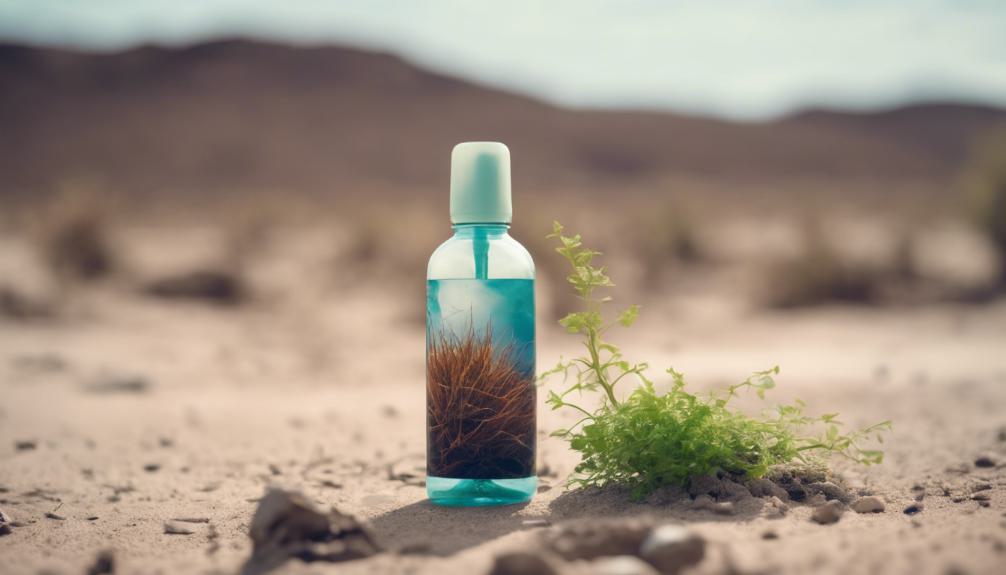
Many people are now seeking safer alternatives to traditional hair relaxers due to growing health concerns. We're exploring options that prioritize health without compromising on the beauty of one's hair. To start, natural hair relaxers, made from ingredients like avocado, coconut cream, and olive oil, offer a gentler approach. They nourish while providing a slight relaxing effect without the harsh chemicals found in conventional products.
Additionally, we're encouraging embracing one's natural hair texture. This not only eliminates the risks associated with chemical relaxers but also celebrates diversity in beauty standards. Let's educate ourselves and our communities about these alternatives, ensuring we're making informed choices that benefit our health and well-being. Together, we can shift towards safer hair care practices.
Settlement Updates and Legal Support

We're closely monitoring the latest settlement updates and offering legal support to those affected by hair relaxer-related health issues. It's important for us to stay on top of these developments, ensuring that everyone impacted by these products understands their rights and the options available to them. Our team is dedicated to guiding individuals through the legal process, providing the necessary resources and support every step of the way.
We're also reaching out to communities to raise awareness about the potential risks associated with hair relaxers and to inform them about the ongoing legal actions. It's our mission to serve those in need, advocating for their health and well-being. If you or someone you know has been affected, we're here to help navigate through these challenging times.
Frequently Asked Questions
How Do Hair Care Routines Change Post-Relaxer for Individuals Who Decide to Go Natural After Using Chemical Relaxers?
We've shifted our hair care routines to embrace natural textures after stopping chemical relaxers. This includes using gentler, natural products, deep conditioning more often, and adopting protective styles to nurture our hair's health.
Can Hair Relaxers Alter the Texture of New Hair Growth, or Does New Hair Grow in Its Natural State Post-Relaxation?
We've found that hair relaxers don't alter the texture of new hair growth; it grows back in its natural state. This insight helps us support others seeking to embrace their natural hair texture post-relaxation.
Are There Specific Hair Care Products That Should Be Avoided or Sought After by Individuals Who Have Experienced Adverse Reactions to Hair Relaxers?
We're sailing through these choppy waters together, suggesting that those impacted by hair relaxers avoid products with formaldehyde, parabens, and phthalates. Instead, we're searching for natural alternatives to care for and shield our hair.
How Does the Frequency of Hair Relaxer Application Impact the Severity of Potential Health Risks, if at All?
We've found that increasing the frequency of hair relaxer use can heighten the risks of health issues. It's essential we limit application and seek safer alternatives to protect our well-being and serve our community better.
What Are the Psychological Impacts of Transitioning From Using Hair Relaxers to Embracing Natural Hair, Especially in Communities Where Hair Straightening Is Culturally or Socially Emphasized?
We're diving deep into how embracing natural hair, after years of straightening, affects us psychologically, especially in communities valuing sleek hair. It's a journey of self-discovery, challenging norms, and ultimately, serving as role models for authenticity.

This post has been generated by AI and was not reviewed by editors. This is Not legal advice. Please consult with an attorney.




